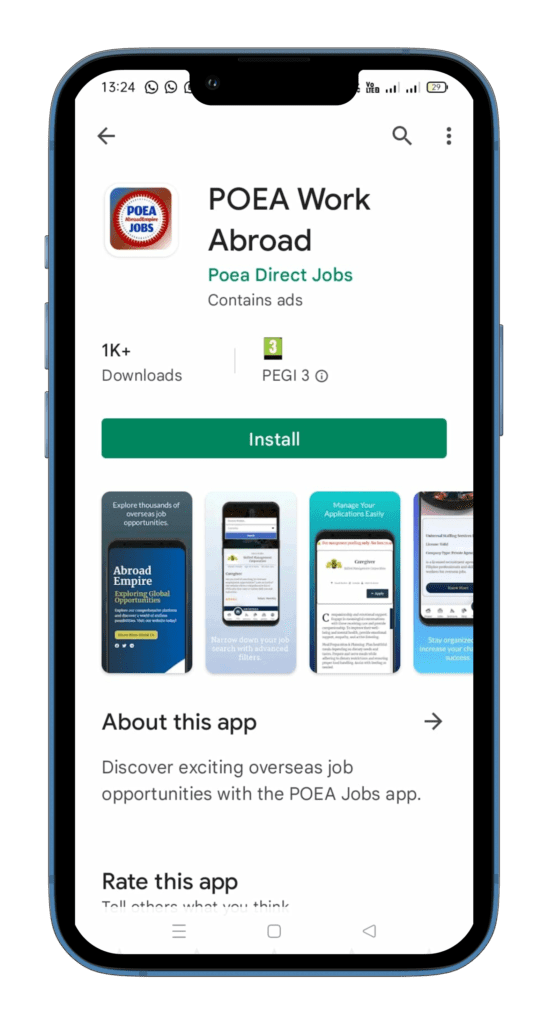According to Immigration, Refugees and Citizenship Canada (IRCC), the Student Direct Stream (SDS) is a process designed to expedite the processing of student permit applications (or student visas) for individuals aspiring to pursue education in Canada. Residents of specific countries can leverage the SDS to have their study permit applications processed within 20 calendar days.
To ensure faster processing, you must:
- Provide your biometrics as soon as possible, and
- Meet all the eligibility requirements.
Important: Study permit is not a visa. It doesn’t grant entry into Canada. You may also require a visitor visa or an electronic travel authorization (eTA) to enter Canada. Once your study permit is approved, the Government will issue a study permit approval letter and, if necessary, an entry visa in your passport, authorizing your travel to Canada.
To apply through the Student Direct Stream, you must:
- Be a legal resident living in one of the following countries: Antigua and Barbuda, Brazil, China, Colombia, Costa Rica, India, Morocco, Pakistan, Peru, Philippines, Senegal, Saint Vincent and the Grenadines, Trinidad and Tobago, or Vietnam.
- Have an acceptance letter from a post-secondary Designated Learning Institution (DLI). A DLI is a school approved by a provincial or territorial government to host international students. All primary and secondary schools in Canada are DLIs. If you plan to attend a post-secondary school, make sure it is on this list.
- Be living outside of Canada when you apply.
- Have proof of payment for your first-year tuition. Acceptable proofs include:
- A receipt from your DLI;
- An official letter from the DLI confirming payment of tuition fees;
- A receipt from your bank showing that tuition fees have been paid to the DLI; or
- Proof that the tuition fee amount has been transferred into a repository account at the DLI to be applied to the tuition bill later.
- Have a Guaranteed Investment Certificate (GIC) of $10,000 CAD;
- Have a certificat d’acceptation du Québec (CAQ) if you intend to study in Quebec. Your school can provide details on how to apply for the CAQ.
- Get a medical exam (if you need one). This is to ensure you’re not inadmissible for medical reasons.
- You may need a medical exam if:
- You’ve lived or traveled in certain countries or territories for six or more months in the year before you came to Canada; or
- You plan on studying or working in healthcare, primary/secondary education, or child or elder care.
- You may need a medical exam if:
- Get a police certificate (if you need one). This is to check if you have a criminal record and ensure you’re not inadmissible to Canada.
- Have your most recent secondary or post-secondary school transcript(s).
- Have a language test result that shows:
- A score of 6.0 or higher in each skill (reading, writing, speaking, and listening) on the International English Language Testing System (IELTS); or
- A Test d’évaluation de français (TEF) score that is equal to a Canadian Language Benchmark (CLB) score of at least 7 in each skill (reading, writing, speaking, and listening).
Depending on your location, you may also need to provide other documents. Ensure you include all the documents required by your local visa office.

